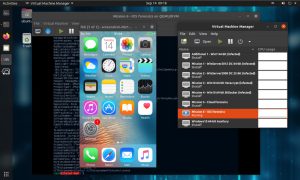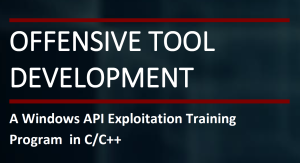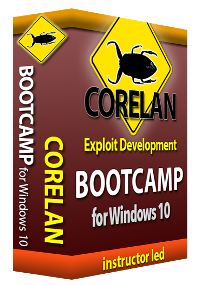
Android Userland & Kernel Fuzzing and Exploitation Step into the realm of comprehensive Android security with our integrated “Android Userland and Kernel Fuzzing and Exploitation” course. Designed for both novices and seasoned professionals, this course offers an extensive curriculum that covers the spectrum of Android vulnerabilities and their exploitation.
Starting with the Userland component, learners will grasp how to detect bugs in Android Userland Applications and exploit memory corruptions. The course provides a deep understanding of ARM assembly, reverse engineering, and the development of robust exploits, bypassing exploit mitigations like NX and ASLR. With 43 labs across 9 modules, students will employ advanced fuzzing techniques to pinpoint exploitable vulnerabilities.
The journey continues as we pivot to the Android kernel on the second day, where the intricacies of kernel internals, such as memory allocators and driver programming, are unraveled. Students will learn to discover bugs using kernel fuzzing techniques, including the use of sanitizers and Syzkaller. The course will guide attendees through the construction of kernel exploits crucial for sandbox escape, examining real-world vulnerabilities and the art of kernel debugging.







